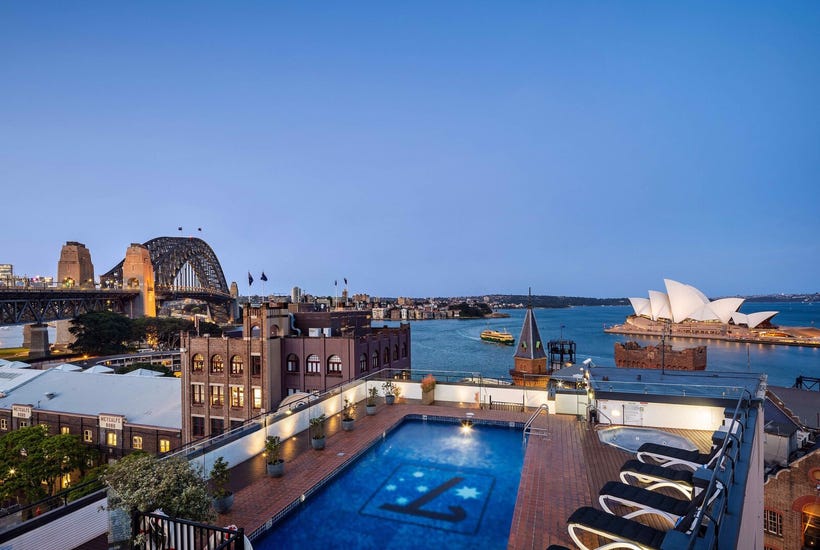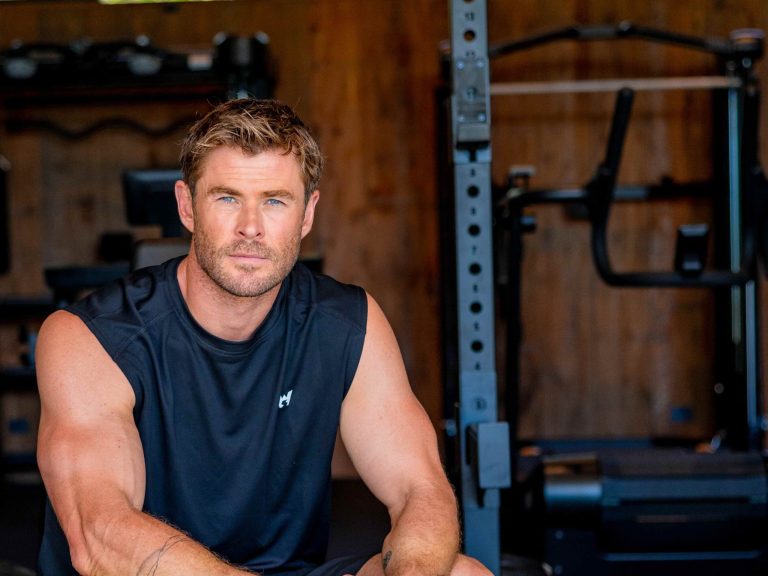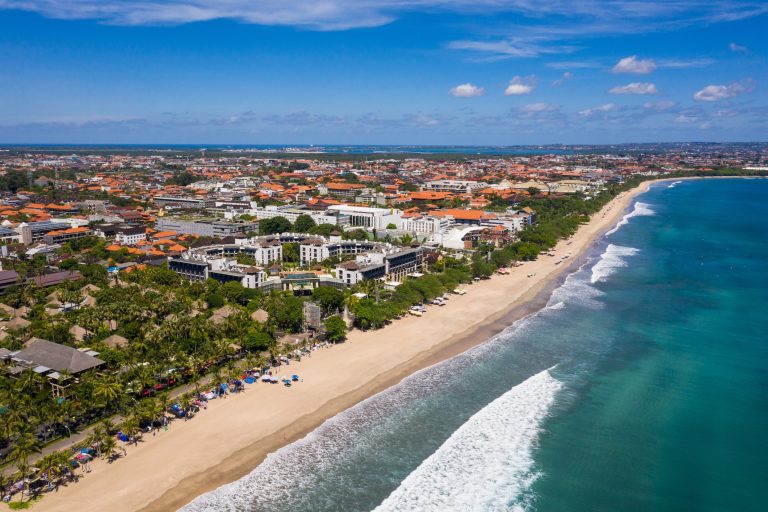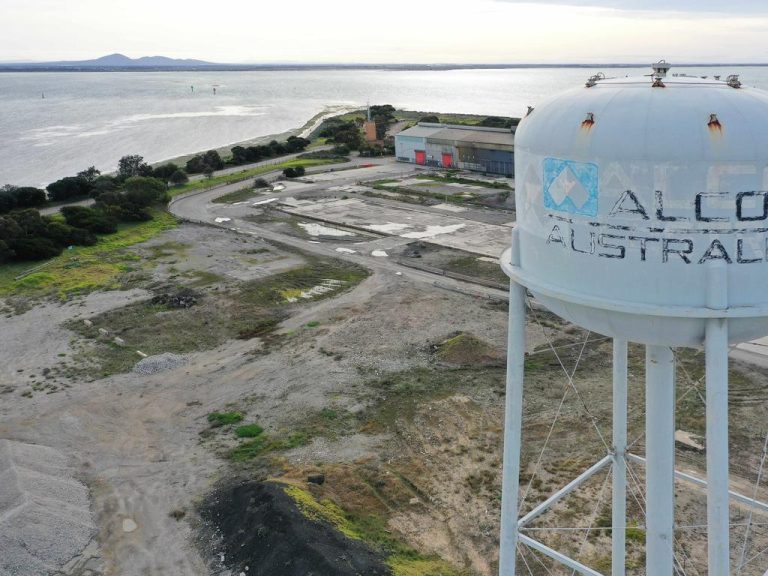Investors confident about hotel sector’s recovery from COVID

Local and international investors are eyeing Australian hotels as the sector continues its recovery from the major blow dealt by the pandemic.
While it will take some time for international travel and domestic tourism to get back to pre-COVID levels, investors are showing confidence in the sector’s recovery with hotel sales activity rebounding in 2021.
“Now that borders are reopening, the market appears to be regaining confidence in the outlook for the hotel sector,” PropTrack economist Anne Flaherty said.
“Investors began to display growing optimism last year, with the total volume of hotel assets well up from 2020.
“Optimism is supporting pricing, which has likewise recovered over the past 12 months.”

Hotel investment activity has increased in a sign of investor confidence in the sector. Picture: realcommercial.com.au/for-sale
The Colliers 2022 Hotels Investments Review showed $2.87 billion worth of hotel assets sold in 2021 – the second highest year on record, despite the impact of lockdowns and border closures. Transaction volumes were well above the long-term average of $1.6 billion and 2020’s $960 million, in a marked sign of investor confidence in the recovery of the sector, the report said.
Colliers head of hotels Gus Moors said Australia’s hotel investment market is expected to remain buoyant this year.
“Australia’s investment market is expected to ramp up in 2022 with high vaccination rates and an end to extended lockdowns and border closures, underpinned by an availability of stock past the development phase and a weight of capital looking to invest for the right opportunities,” he said.
“The opportunity to invest in previously tightly-held key capitals is also expected to garner significant interest as the sector recovers and Australians start to explore again.”
Like the tourism industry, the hotel sector has been hit hard by the pandemic.
“Over 2020 vacancy rates increased, revenue per available room plummeted, and there was a decline in the overall value of hotel assets,” Ms Flaherty explained.

The pandemic dealt a blow to the tourism and hotel sectors. Picture: Getty
While COVID is still impacting the tourism and hotel sectors, investors have been seeking opportunities to take advantage of the future rebound in trading.
Ms Flaherty noted the fourth quarter of 2021 had the highest quarterly volume of hotels sold since 2016 according to Real Capital Analytics.
There has also been a significant recovery, starting in 2021, in the number of people and businesses searching to buy hotel assets on realcommercial.com.au, she said.

With borders reopening, travel and tourism are expected to increase. Picture: realcommercial.com.au/for-sale
Colliers national director of hotels Karen Wales said there is expected to be a similar level of deal flow in 2022 as seen in 2021.
“A tsunami of pent-up demand for corporate and leisure travel has the potential to drive above average near-term returns before growth normalises to the levels which were evident pre-pandemic, but with a greater proportion of global travel pushed to perceived ‘safe’ destinations like Australia,” she said.
Hotel investment activity lifts
Ms Flaherty said the reopening of borders was not the only factor behind the recent flurry of investment activity, with the fact that hotels were competitively priced compared to pre-COVID levels also having an impact.
“Despite the short-term challenges, a growing number of buyers are looking to take advantage of discounted prices and the low cost of debt by investing in hotels,” she said.
Colliers said pricing held firm in 2021 as the anticipated flow of distressed assets did not materialise, and buyers looking for steep discounts were left disappointed.
Ms Flaherty said hotels valued at or above $10 million have seen the greatest recovery in pricing, with prices now back to pre-pandemic levels.
She said renewed demand from offshore investors drove the recovery for hotels worth $10 million-plus, whereas local investors accounted for most of the purchases of sub-$10 million hotels.
“While there has been some recovery in the pricing of sub-$10 million hotels, these values remain below pre-pandemic levels.”
Colliers noted there was renewed investor interest in regional Australia in 2021 and a growing trend of hotels being sold for residential and build-to-rent conversions.

Olivia Newton-John’s luxury Byron Bay lifestyle retreat – Gaia Retreat & Spa – was sold to one of Australia’s largest private investment groups, the Forrest family-owned Tattarang. Picture: Supplied by Colliers
The largest hotel portfolio transaction in Australia occurred in 2021: the record $620 million sale of 11 Travelodge hotels to a new joint venture that plans to acquire more hospitality assets.
The five-star Sofitel Sydney Wentworth sold for $315 million, the largest single hotel asset sale in Australia since 2015.
Australia’s international border reopened in February after a staged easing of travel restrictions from November. The hard border in Western Australia, the last of the state border restrictions, finally lifted in early March.
Ms Flaherty said while international travel, both in and out of Australia, is expected to pick up over the coming months, it is unlikely to recover to pre-COVID levels this year.
“More Australians travelling domestically should support the performance of regional hotel assets,” she said.

The sale of Gwinganna Lifestyle Retreat – part-owned by Hugh Jackman – on the Gold Coast is expected to have attracted widespread interest. Picture: realcommercial.com.au/for-sale
“Compared to overseas tourists, who are more likely to stay and spend in Australia’s CBDs, domestic tourists are more likely to travel to regional areas.
“CBD hotels, in contrast, will continue to face challenges.”
In November, CBRE predicted CBD hotel markets will return to 2019 performance levels in three to five years.
Hotel sales kick off for 2022
The sale of Rydges Sydney Harbour in the historic Rocks precinct is in its final stages, with a preferred bidder – reported to be Canadian asset management group Brookfield – selected at the end of January.

The sale of Rydges Sydney Harbour attracted interest from local and international investors. Picture: realcommercial.com.au/for-sale
Colliers said the four-star hotel’s stunning location attracted a lot of local and international attention with enquiries from as far away as Europe and the US.
The investor groups looking at Rydges Sydney Harbour included fund managers representing local and offshore capital, owner operator groups, domestic high-net-worth individuals and an Asian family office.

The new voco Melbourne Central will be the brand’s flagship hotel in Australia. Picture: realcommercial.com.au/for-sale
The new voco Melbourne Central is the first large-scale Melbourne CBD hotel offering since 2019, JLL Hotels & Hospitality Group managing director Peter Harper said.
“The Melbourne hotel investment market remains one of the most widely sought-after and tightly held in the Asia Pacific region with few large-scale hotels transacting in the past decade,” Mr Harper said.
Operated by IHG Hotels & Resorts and due to open in April, it is the first purpose-built voco hotel in Australia and will be the brand’s flagship hotel in Australia.
Hotel Lindrum in the Melbourne CBD has attracted interest from both investors and developers.

Boutique Melbourne CBD hotel, Hotel Lindrum, is expected to have attracting interest from both investors and developers. Picture: realcommercial.com.au/for-sale
Mr Harper said the boutique Melbourne CBD hotel has a strong trading history but there is also scope for significant upside through refurbishment and repositioning.
The property has an approved planning permit for a 30-level mixed use development for a tower with hotel rooms and residential apartments above the existing facade.
The ibis Budget Melbourne CBD sold in February, with CBRE Hotels national director Wayne Bunz noting there was expected to be strong ongoing demand for budget accommodation.
“Melbourne has experienced some challenging economic times particularly for the hotel market and this brings about opportunities for astute buyers looking to enter the market,” Mr Bunz said.







